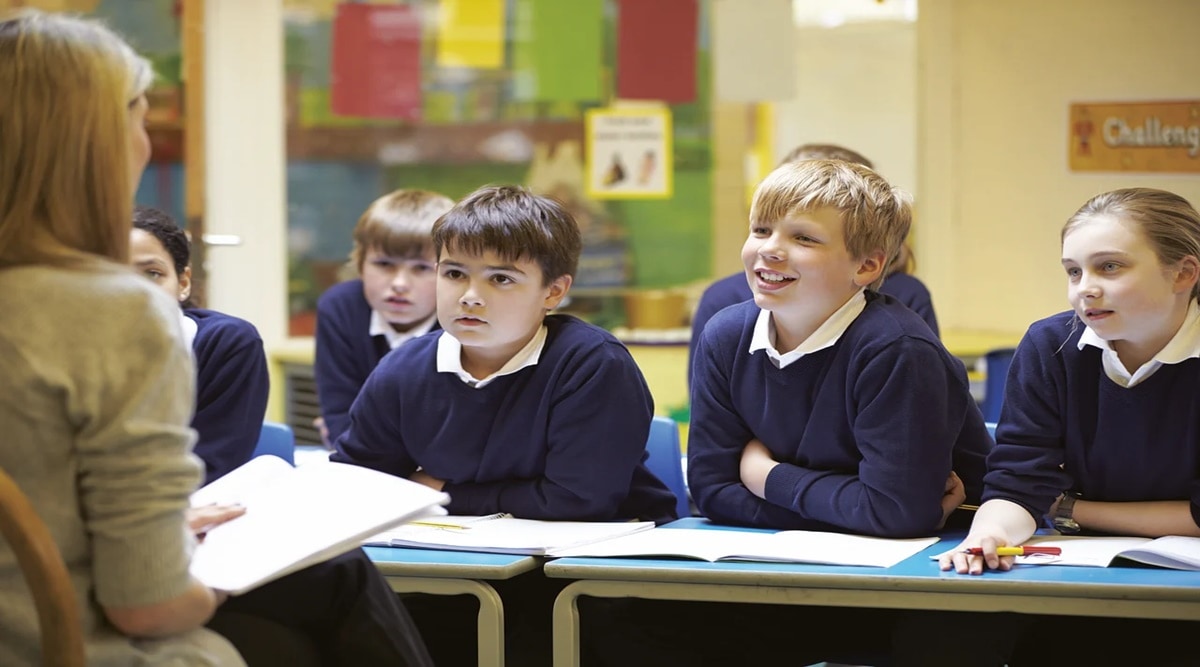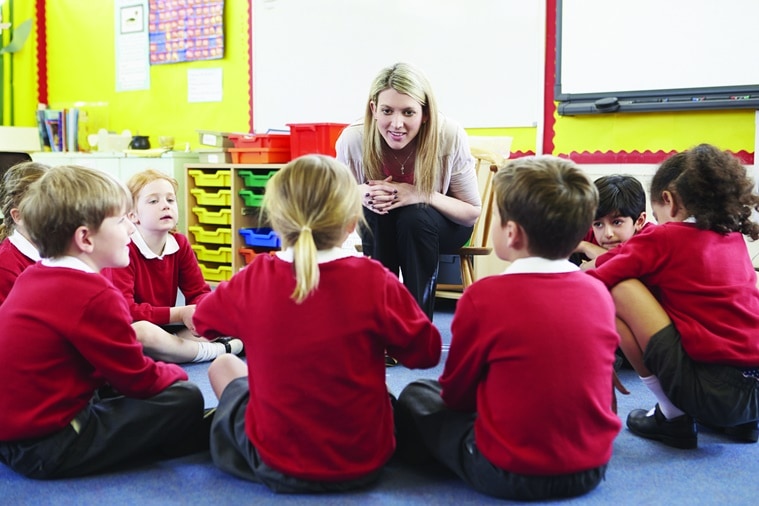How can parents bond with teachers?

For the holistic growth of children, it is imperative that both their early life pillars not only share a cordial and warm relationship but also enjoy a great rapport.

By Ritesh Rawal
For growing children, especially in the age of 0-5 years, two individuals are the vital pillars in their early learning – parents and teachers. For the first few years of their life, it is with parents that children spend most of their time. And eventually, as they enter school life, the lion’s share of time is devoted to the learning environment, which is presided over by teachers.

For the holistic growth of children, it is imperative that both their early life pillars not only share a cordial and warm relationship but also enjoy a great rapport. In the harmonious equation between teachers and parents, it is children who bear the maximum impact. It is thus imperative that these two cross-sections, headlining early understanding for kids, are at peace.
Another key reason for nurturing a healthy parent-teacher bond is that it can help assess a child’s growth opportunity better. Parents understand their children well. And even if they happen to be not so well versed, teachers can facilitate their grasp by sharing their observations and insights on child behaviours.
The question now is how can this bond be allowed to blossom?
Firstly, both parties must establish a healthy communication channel. Greeting each other, addressing by name, and attributing credit for an improvement in a child’s behaviour can go a long way.
Next, hearing out parents, making an effort to discuss issues and taking feedback in stride are some measures teachers can execute on their parents.
Parents, on their part, should look to pay gratitude to teachers when they see behavioural or learning enhancements in their children.
Then, parents must make a conscious effort to keep teachers informed of any new activity, development or happening. This will build trust in the bond. Also, keeping teachers in the loop helps make better decisions for the greater good of children. Forewarned is forearmed as they say. With more information, both sides can be better equipped to deal with the child’s needs.

Another area where parents can lead learning efforts is through collaboration. Any joint effort by parents with teachers can help children in their learning objectives and holistic development goals and also help teacher parents bond. For example, parents getting to know how requisite homework assistance should be given to the child, how best to enrich the learning experience for their child by engaging in constructive pursuits when not in school such as museum and library visits, attending plays, DIY activities and unsupervised assignments for self-learning. Making any team effort is bound to enhance bonding between teachers and parents. Parents might have teachers become part of the extended family for children.
Another idea which good schools are implementing is conducting workshops, orientation programmes and outreach initiatives involving teachers and parents. This helps make the bond natural rather than forced. The more the engagements between parents and teachers, the more time they have to empathise with their respective concerns as also that of their wards.
Progress reports are another area where both parents and teachers can work together. Expectations from either side can be understood and worked on towards fulfillment, keeping the best interests of children in mind. Parents, when they are updated on the modalities, methodologies and learnings of their offsprings, repose greater faith in teachers as it assures them that their children are in safe and knowledgeable hands.
Online schooling, social media and digital communication has made it easier for sincere partnerships between teachers and students to be forged with ease.
The learning challenges of the post-pandemic era can be overcome seamlessly if both teachers and parents take a proactive approach in communicating clearly, being empathetic to mutual concerns and joining hands to achieve a common goal of empowerment.
(The writer is Founder of Dudes & Dolls World & Adhyay School.)
Source: Read Full Article